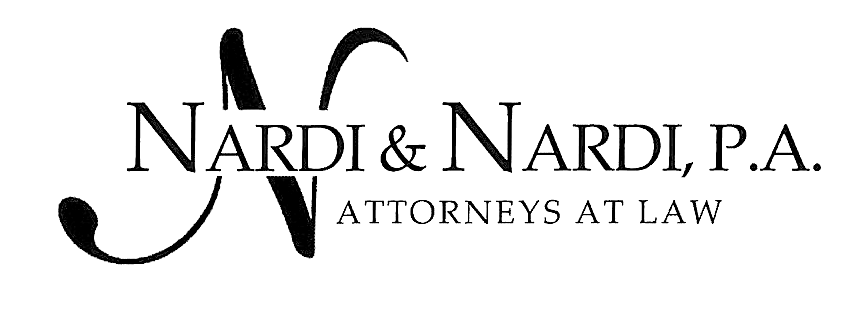Discharge of Debts in Bankruptcy
The whole idea of personal bankruptcy is that you have gotten too deep in debt to ever repay your debts. Some debts are discharged in exchange for your promise to pay other debts. Which debts are discharged is a matter of two variables: a) whether they are "secured" or "unsecured" and b) whether you file under Chapter 7
or Chapter 13.
"Secured" Debts
You pledge an asset as "collateral" when you take a secured loan. This asset is often the very item you are purchasing, such as a car or house. If you do not declare bankruptcy and fail to repay the loan, this asset is repossessed by the lender. The lender will sell the asset and recoup the moneys you were unable to pay. If they are unable to get enough from the sale to pay what you owed, it is possible they will try to get a deficiency judgment against you for the remainder. If you declare bankruptcy you may be able to keep your property.
"Unsecured" Debts
You did not pledge an asset as collateral when you took out these loans. You probably paid a higher interest rate, since the lender's risk was higher. Unsecured debts are more easily discharged than secured debts. Unsecured debts include credit card debt and other loans not backed up with collateral.
Discharge Under Chapter 7
In "fresh start" bankruptcy, collections stop but you must give up property such as a car or house secured by debt, and other debts are immediately discharged. As a matter of public policy, the law does not allow you to discharge important items such as child support.
Discharge Under Chapter 13
Chapter 13
is for people who have an income with which they will be able to repay almost all secured debt. There are a few debts that are dischargeable in Chapter 13
that are not in Chapter 7. But you are not discharged of any debts until the end of the three or five year period required in your Chapter 13 repayment plan.
Orlando Debt Discharge Lawyer with over 25 years of experience. We know the tactics that debt collectors
use in the hopes of collecting what they are owed. More importantly, we know the tactics that can put a stop to the harassment, permanently.
Protect your rights, your family, and your future. Call now at (407) 478-0074, contact us by email, or complete our contact form; to stop creditor harassment and collections.


